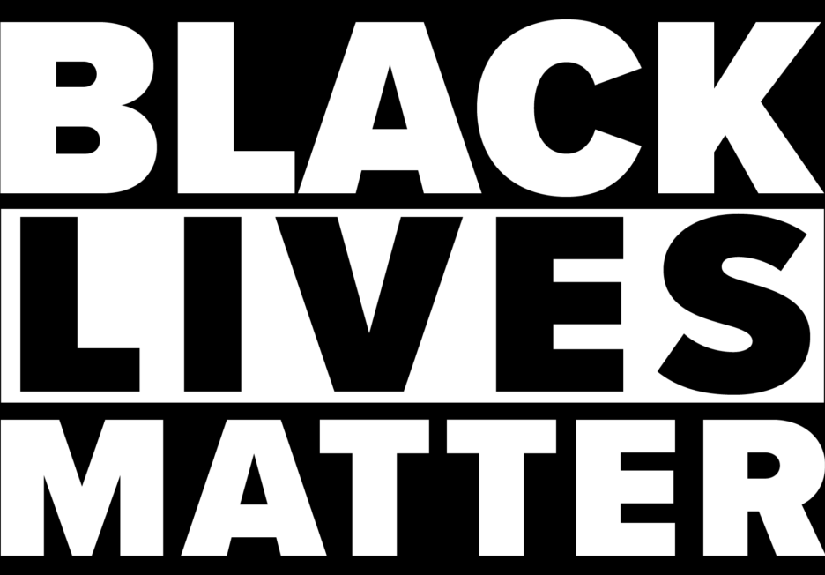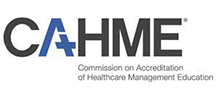Executive Committee and Diversity, Equity and Inclusive Excellence Committee detail plans to address racism, inequity

On June 8, 2020, the College of Public Health Executive Committee and Diversity, Equity and Inclusive Excellence Committee distributed the following message to students, faculty and staff.
Dear Students, Staff and Faculty of the College of Public Health,
Hopefully by now, you all have read Dean Fairchild’s heartfelt statement regarding the killings of Eric Garner, Ahmaud Arbery, Breonna Taylor, George Floyd and many other African Americans — deaths that have rightfully ignited a wave of demonstrations demanding an end to racism in America.
“We must recognize that racism is a public health crisis and rise above despair and take action,” she wrote.
We also echo the sentiments expressed in statements from colleges and other units across The Ohio State University campus and join with the many other voices in our community mourning the tragic loss of life and condemning police brutality and the systemic racism that perpetuates it.
The college’s Executive Committee, which is made up of the dean, assistant and associate deans, division chairs and other college leaders including the two co-chairs of the Diversity, Equity and Inclusive Excellence Committee, voted last week to make these efforts to end racism and promote inclusive excellence one of its central charges going forward.
As members of college leadership, we have dedicated our scholarship and work to public health because of a desire to create a better world for all. We will continue to speak out against injustice and encourage those in our college community to use their voices — in their families, their neighborhoods, their workplaces and as members of the American electorate — to seek equality.
But this is about more than speaking up. We need to take action. Our work to combat racism will continue to evolve, but we want to share our immediate plans with you, including several opportunities for you to help identify and shape opportunities for meaningful change.
The Diversity, Equity and Inclusive Excellence Committee will continue its work, which is so foundational to our future, and continue to be the driver for college plans. But by taking on this charge as an Executive Committee, we help ensure that the work of addressing centuries-old sins of omission and commission at a watershed period in American history are not relegated to a committee but are taken up by every senior leader in the college.
Because of the ongoing importance of these matters to college leadership, representatives from the Diversity, Equity and Inclusive Excellence Committee have had seats on the Executive Committee since the fall. Moving forward, student representatives to the Diversity, Equity, and Inclusive Excellence Committee will be invited to Executive Committee discussions with regularity to ensure that student voices are heard by the college’s highest leadership.
Our overarching plan, which we will be looking to students, faculty and staff to build upon, includes five core elements. We are hopeful that the process will unpack many of the complex issues surrounding systemic racism.
- Recognize your privilege. Understanding white privilege and understanding your own privilege is critical to understanding how race and racism can impact the trajectory of a person’s life.
- Educate Yourself. The real work comes in the form of educating yourself on the things you need to learn —and unlearn — in order to be a better advocate. As Dean Donald Pope-Davis of the College of Education and Human Ecology has noted, however, self-education is not enough. It must be accompanied by self-reflection.
- Check in and speak up. Checking in with colleagues in your college and members of your community who are people of color to show that you care and are aware of what’s going on can make a difference.
- Understand that silence is complicity. It’s important for everyone to speak up when they witness instances of bias, racism and injustice in their workplace and community.
- Hire, recruit, promote and support African American professionals and students. Closing the opportunity gap is critical.
Our immediate plan is particularly responsive to students of color and we remain committed to providing the highest levels of student support.
- We recognize that this is an ongoing conversation at all levels of the college and university, and we have assembled a collection of resources relevant to students, staff and faculty. These resources are available on the Diversity, Equity and Inclusive Excellence page on our college’s website.
- We will host a Listening Session on Wednesday June 10 at 11 a.m. All students and recent graduates are invited to join the college’s Executive Committee and share their thoughts, feelings and experiences. Please join the Zoom meeting at: https://osu.zoom.us/j/93476319659
- We will host a Black Student Caucus on Friday June 12, at 12:30 p.m. Details of this event will be shared later this week.
- After the student meetings, we will host a Town Hall for the entire College of Public Health community to talk, think and reflect together about opportunities for the college.
- We will support a supervised, physically distanced, masks-required demonstration of our support for racial justice and an end to police brutality.
- We will organize college-wide readings meant to educate and broaden our collective understanding of the impacts of racism.
Additional details and plans will continue to emerge as we distill how we might engage in constructive conversations and contribute to meaningful change within our own college, university and the broader community. In the interim please know that any students, staff or faculty member can reach out to us by email, phone or Zoom. We recognize that we do not have all the answers, but we pledge to listen closely as we plan deliberate action.
It is critically important right now that we take care of ourselves and others. As a reminder, many of our campus services remain available to students. Please don’t hesitate to use the University’s Office of Student Life’s Counseling and Consultation Service at 614-292-5766 (during after-hours select option 2.) The College of Public Health has a designated counselor, Cody McMillen (.173) with whom appointments can be scheduled.
Wishing you the best,
The College of Public Health Executive Committee and Diversity, Equity and Inclusive Excellence Committee








